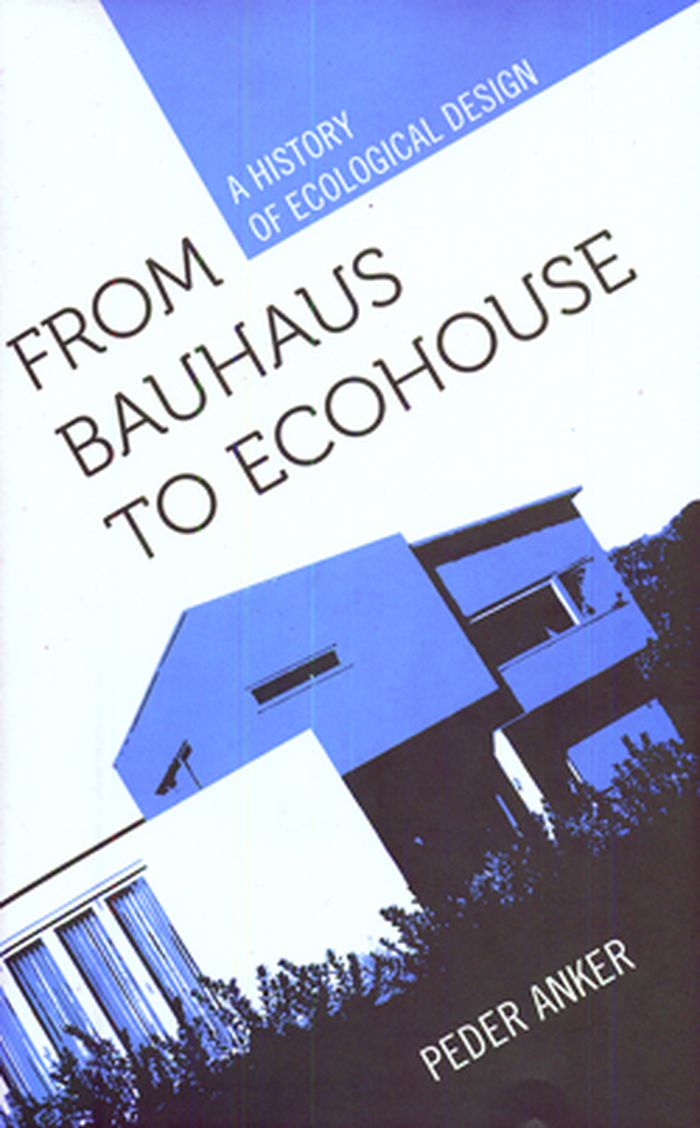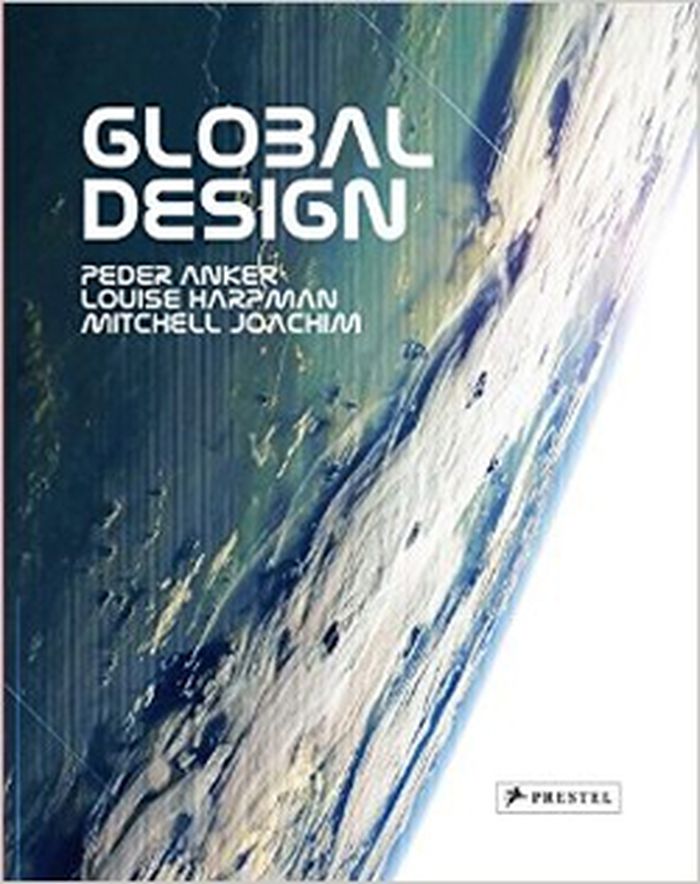$47.95
(disponible sur commande)
Résumé:
Global warming and concerns about sustainability recently have pushed ecological design to the forefront of architectural study and debate. By exploring key moments of inspiration between designers and ecologists from the Bauhaus projects of the interwar period to the eco-arks of the 1980s, Anker traces the historical intersection of architecture and ecological science(...)
From Bauhaus to ecohouse: a history of ecological design
Actions:
Prix:
$47.95
(disponible sur commande)
Résumé:
Global warming and concerns about sustainability recently have pushed ecological design to the forefront of architectural study and debate. By exploring key moments of inspiration between designers and ecologists from the Bauhaus projects of the interwar period to the eco-arks of the 1980s, Anker traces the historical intersection of architecture and ecological science and assesses how both remain intertwined philosophically and pragmatically within the still-evolving field of ecological design. Illuminating important connections between theories about the relationship between humans and the built environment, Anker's provocative study provides new insight into a critical period in the evolution of environmental awareness.
Architecture écologique
Global Design
$54.95
(disponible sur commande)
Résumé:
This book examines the possibilities for scaling design solutions to address global warming. Global warming poses new challenges to the architecture, landscape architecture, and urban design communities. The immediate response has been a turn toward a host of energy-saving technologies. What has rarely been addressed, however, is the problem of scale. How can designers(...)
Architecture écologique
juin 2014
Global Design
Actions:
Prix:
$54.95
(disponible sur commande)
Résumé:
This book examines the possibilities for scaling design solutions to address global warming. Global warming poses new challenges to the architecture, landscape architecture, and urban design communities. The immediate response has been a turn toward a host of energy-saving technologies. What has rarely been addressed, however, is the problem of scale. How can designers make sure that global solutions do not come at the expense of local cultures and environments? By placing human rational, emotional, technological, and social needs at the center of our environmental concerns, this book proposes a new global design initiative. The aim is to develop a language of design that can create proximity between individual responsibility and the current global environmental crisis. These featured projects showcase leading-edge design innovations at multiple scales. Global Design directors Peder Anker, Louise Harpman, and Mitchell Joachim discuss various ways in which design can reformat the unfortunate separation between humans and the natural world.
Architecture écologique

